The Govt can’t turn away and must allow a debate on who is guilty of the Delhi violence
The confrontationist positions taken by the ruling BJP and the Congress-led Opposition in Parliament over the Delhi riots cannot be simply dismissed as a breakdown of decorum or institutional morality. It is an indication of helplessness when the glorious tradition of debate and discussion that characterises parliamentary democracy is at stake, when dictated silence replaces Question Hour as the real national agenda. It is a desperation of the representative legislature to make itself heard when a determined executive brooks no opinion and has its way. It signifies the erosion of another institution where citizens could express their angst through their representatives. And when the Speaker stays away from a session upset over what he claims is legislators’ pillorying behaviour, then he is abdicating the huge responsibility of the Chair in ensuring debate in the first place. The Opposition wants an immediate discussion on the riots while the Government wants to postpone it after Holi. Frankly, Delhi, which has been ripped apart by unprecedented violence in decades, with more generational damage to people and their way of living than just the toll of 53, is an issue burning enough. And even on the extreme end of the polarised arc, the Government could have appeared “muscular” enough to take questions than appear fragile in its evasiveness. In the end, it is Delhiites who are forlorn in a cross-fire of narratives that obfuscate the real provocateurs and perpetrators. First, the Delhi Police is at its worst crisis of credibility with allegations and videos ranging from it being a mute spectator to acting in a partisan manner. And although the tipping point of the riots was the Citizenship Amendment Act (CAA), which privileges religion as an eligibility criterion and has both defenders and protesters, it is only the latter who are being demonised selectively. In such circumstances, the nation does need to know facts as they are and not propaganda that has acquired the stamp of officialese. Even a Government driven by the ideological push of majoritarianism cannot survive a hitback if it doesn’t attempt some sort of an outreach to the people. Courtesy its segregatory policies, it has hurt and alienated the enlightened “Indian Muslims” whom it is so desperate to reassure through grandiose statements and who have not stirred up major separatist protests that you would associate with minorityism in other nations. Yet, with the latest brand of “otherisation” politics and by predicating legacy data and religion as proof of identity, the Muslim community is vulnerable. If the law and order machinery now fails minorities and there is no perceived sense of justice, then we may end up radicalising them. The public parade of anti-CAA protesters in Uttar Pradesh, presenting them in a rogue’s gallery and recovering costs of damage to public property from them, legitimises this hatred for dissent as mainstream. The cost of creating a new enemy within our own and transferring our non-functioning abilities to “termites” and “viruses” detected after 70 years of incubation may just be too unmanageable.
People can mount pressure only in Parliament through their legally elected voices. For civil society has found no solace even in the judiciary, which has doubted its intentions instead of granting it a listen. Former civil servant and activist Harsh Mander, who assumed a humanitarian role to calm the blaze of fury, helping and rehabilitating abandoned survivors, is now an enemy of the State, guilty by suspicion. It doesn’t matter he has had a clean record so far, he is just as bad simply because he had questioned the judiciary’s emaciated role in restoring civic discourse over CAA. It is deeply distressing that the Supreme Court should deny him a hearing over an egoistic tit-for-tat battle about his earlier remarks instead of hearing his plea for registering FIRs against those who made hate speeches. In the end, this action has diluted the seriousness of the plea itself. The hand-out executive has tamed all institutions into submission no doubt. But it still owes accountability to the people who voted it, not the other way round.
(Courtesy: The Pioneer)







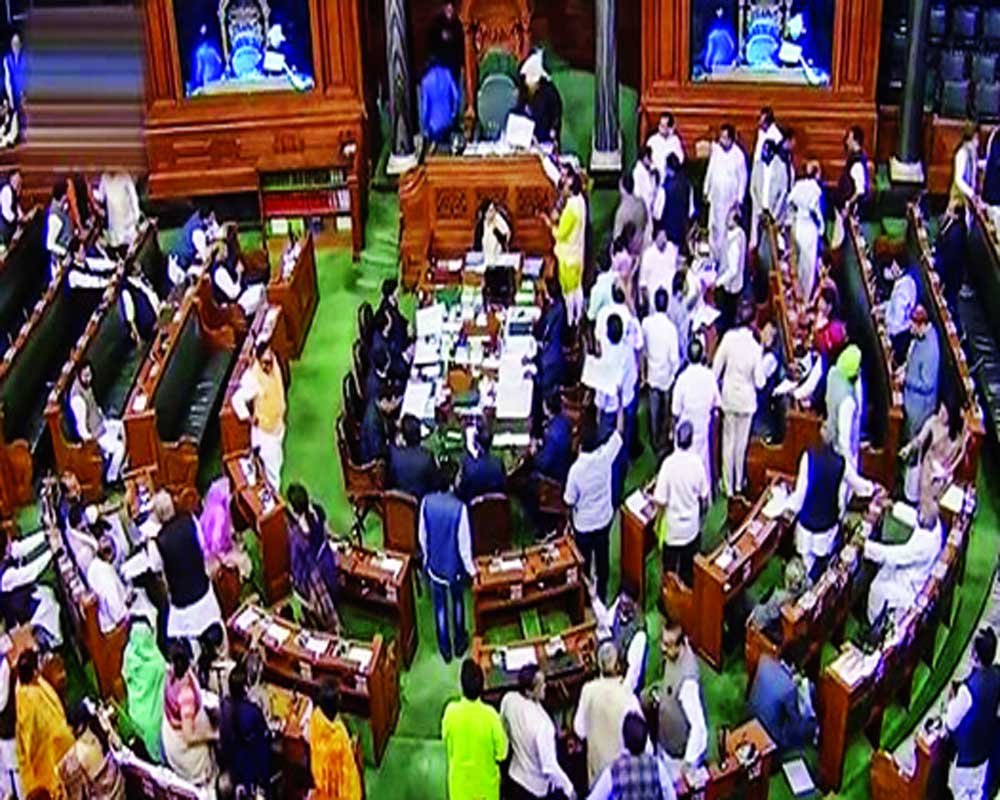
 OpinionExpress.In
OpinionExpress.In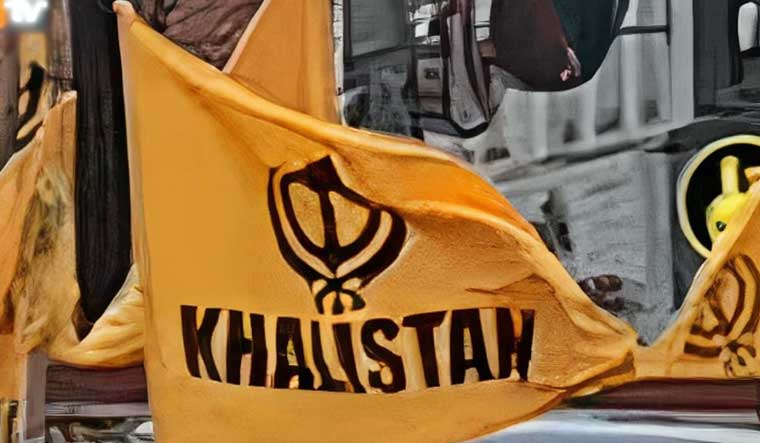

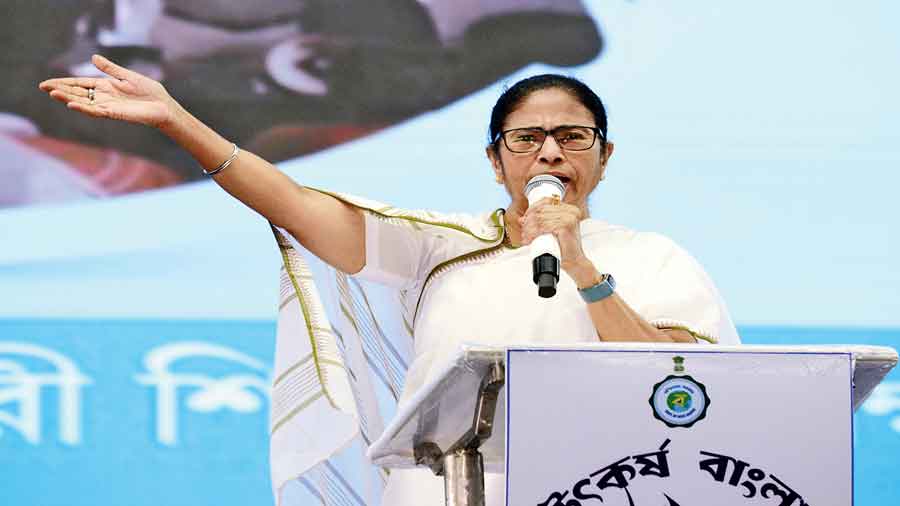
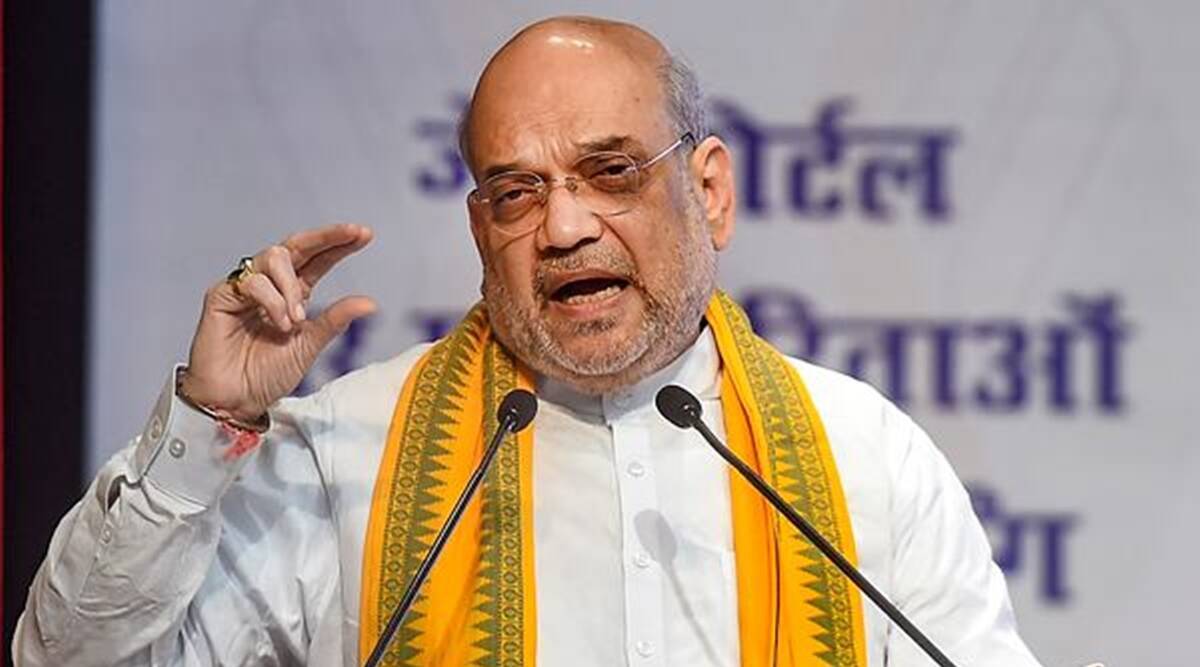

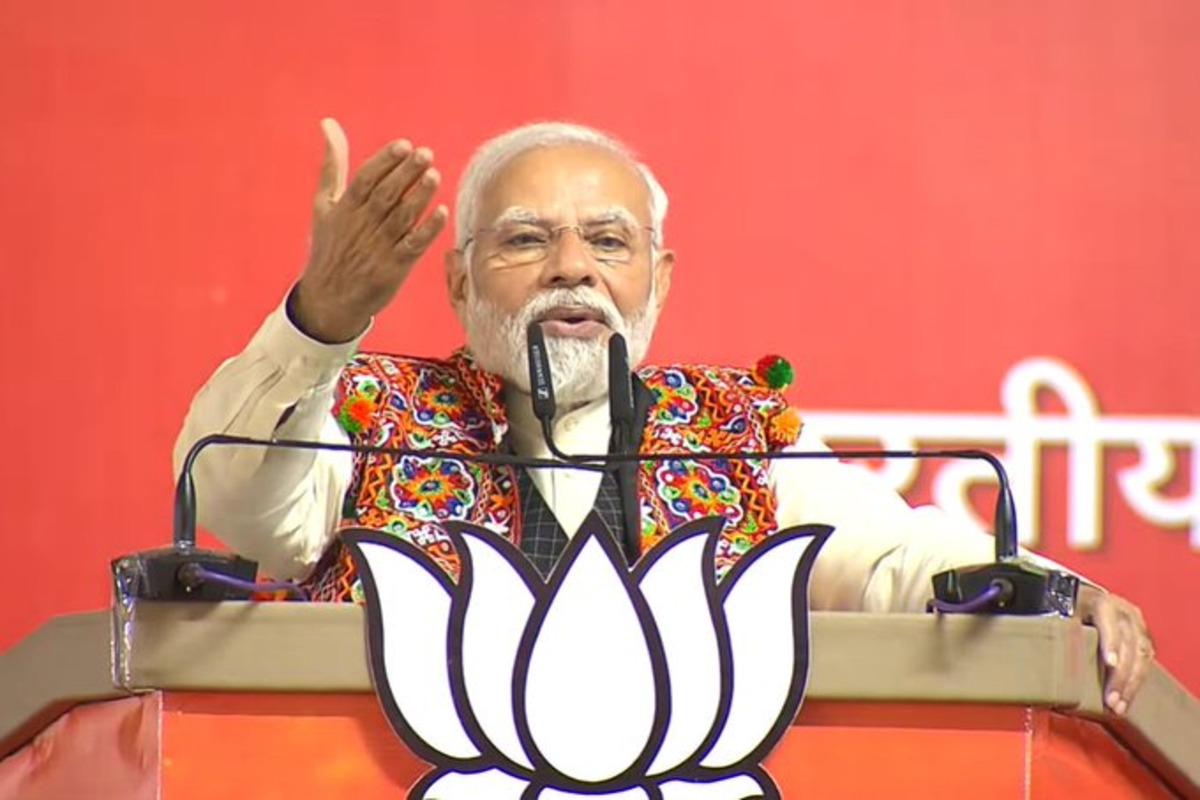
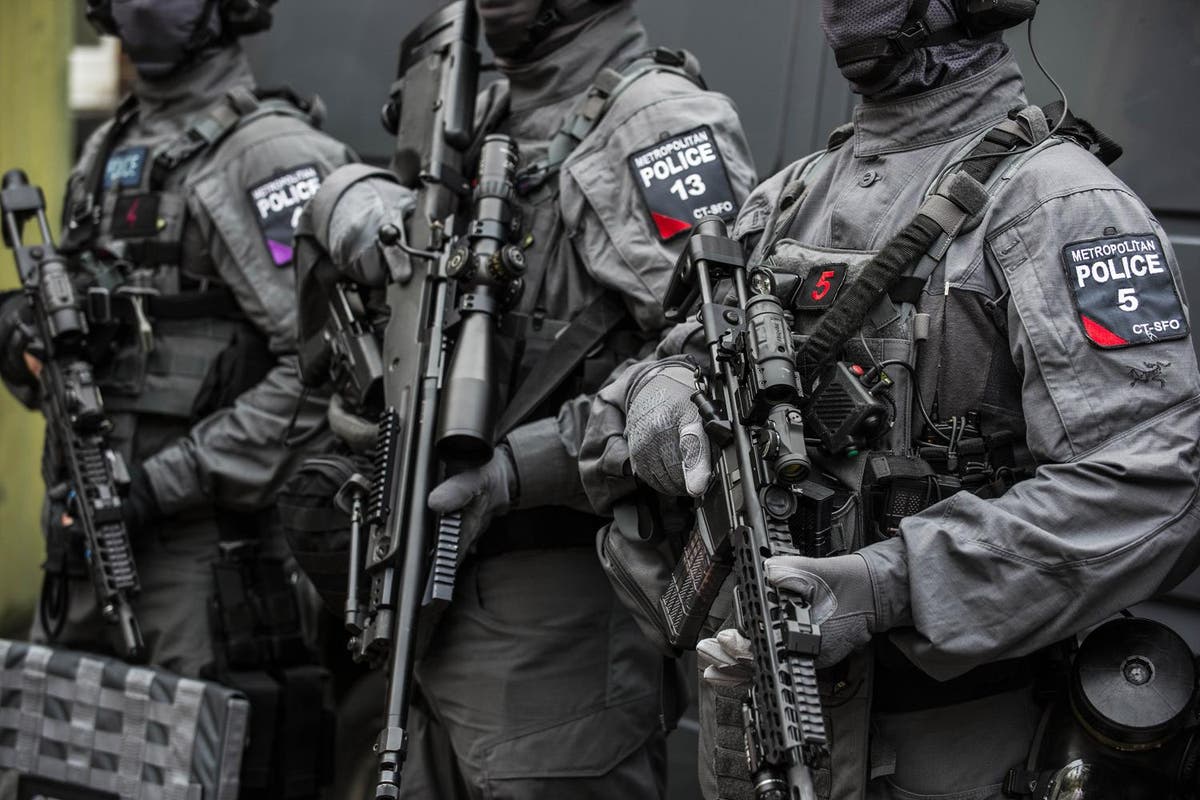
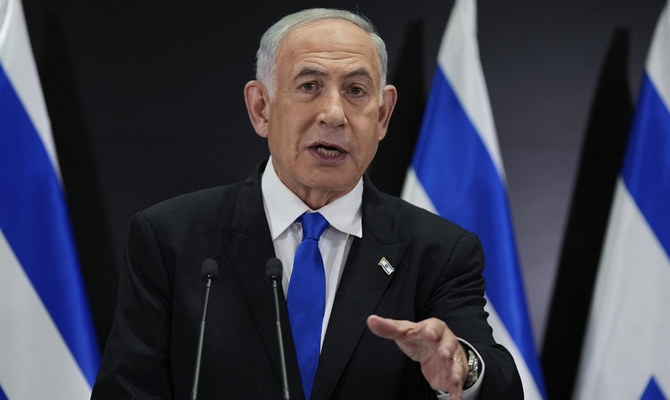

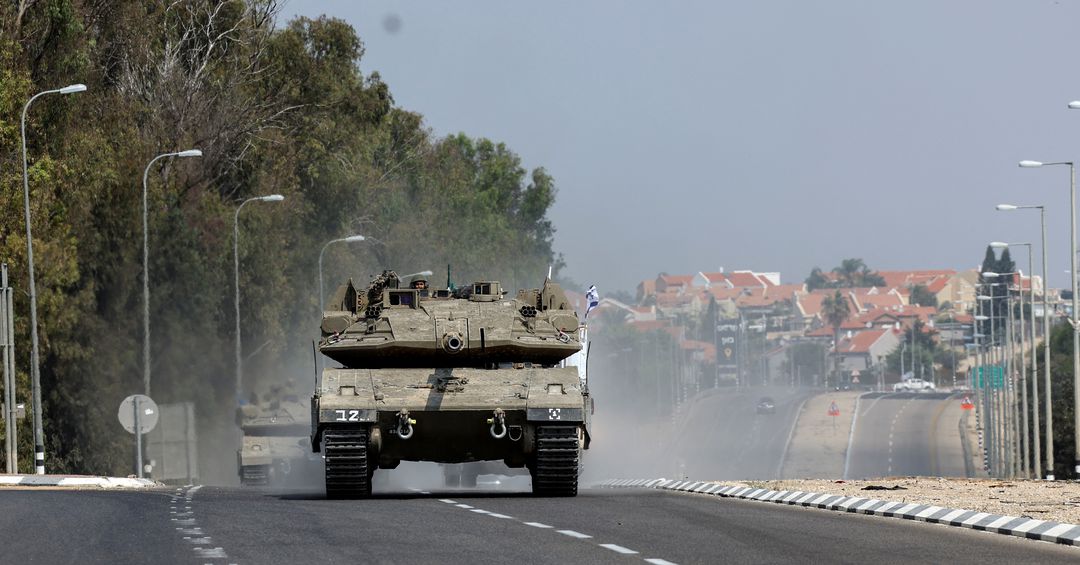






Comments (0)